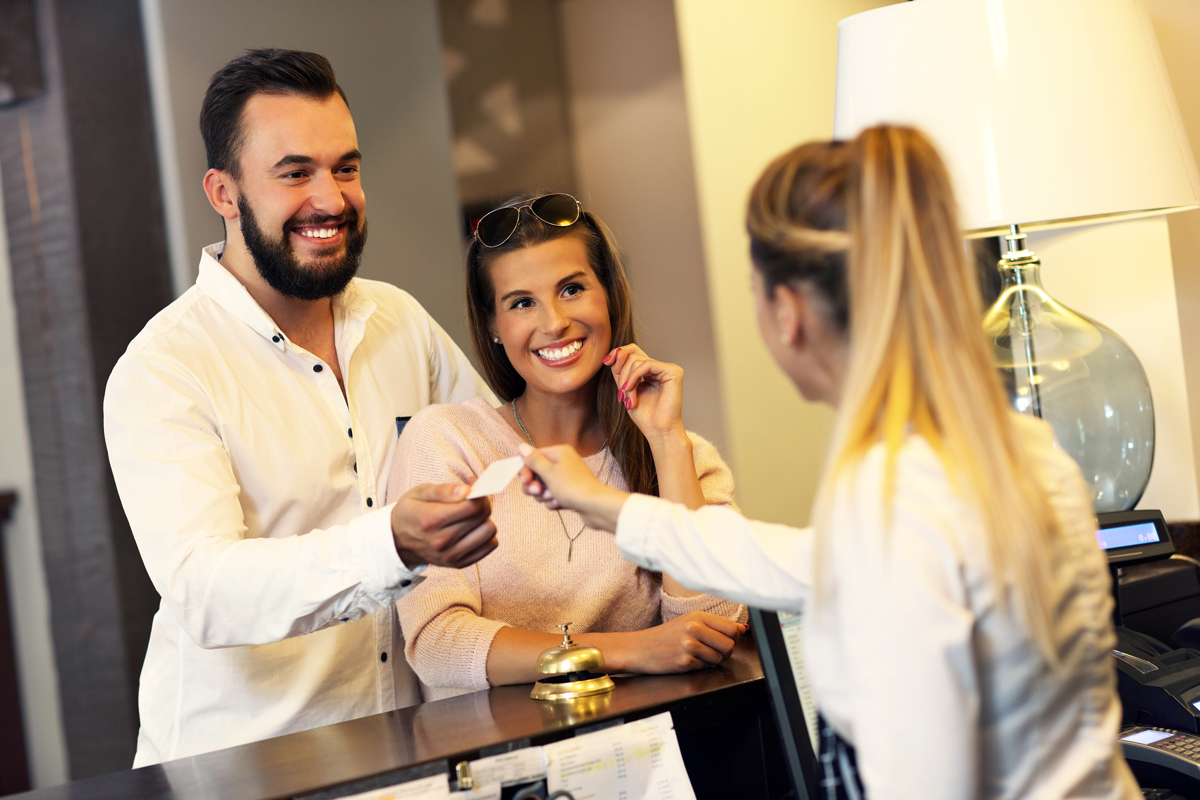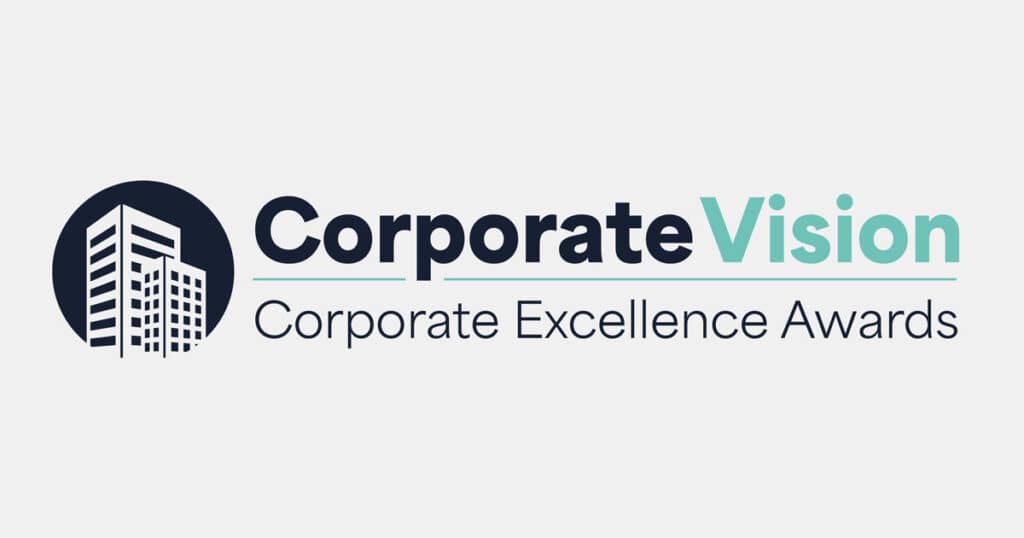The hospitality industry is always rife with speculation: What’s going to be the next big draw, the next thing customers expect, the next travel trend destined to change things? All of this is very important for effective hospitality marketing, which is why we try to keep our finger to the pulse of the hotel market and let you know what’s going on.
Thus far, 2019 has proven to be a very interesting year – and not always in the ways people thought. Here are the top trends in hospitality marketing that proved bigger than expected, and why that’s important for your brand.
Voice Search is Growing Even Faster Than Expected
All predictions have voice search on the rise as people become more comfortable with using Alexa, Google Assistant, Siri and others to search for information. It’s assumed that around 50% of all internet searches will be voice searches by 2020. But this trend appears to be accelerated in the hospitality industry. Something about hotels and accommodations (as well as airlines, etc.) makes them particularly well suited for voice searches, and voice search should be recognized as part of your sales funnel.
So, how do you cater toward voice search? The key is understanding that people want quick, easily digestible answers to their questions. Focus on sentences that provide lots of high value information about what you offer, where you are, what price ranges are available, and what amenities you provide. FAQ-type pieces can be quite effective for voice search. In fact, when creating any content, use an FAQ perspective to help voice assistant know what content to provide.
Traditional Advertisement is Fast Being Replaced by Other Marketing
The rise of ad blockers has been expected, but it’s a little surprising just how fast ad blocking has spread. This has had an outsized impact on the hospitality industry, where online ad spaces tend to get hit hard by ad blockers. As a result, traditional advertising online is swiftly falling out of favor, and hotel brands are looking for replacements. Some popular contenders include:
- Content Marketing: More hotels are investing in content marketing on blogs, web pages and social media to attract more traffic. This is also getting hotels more involved in the travel industry, with the added benefit that this new content helps younger generations make up their minds more quickly.
- Referral Partnerships: Always a part of hotel marketing, referral partnerships are getting new attention as hotels search out local businesses that they can arrange a referral program with. With the right partners, this can prove very effective!
- Influencers: Influencers, especially local and traveling influencers, are a great way to create new hotel customers. Influencers stay at a hotel, then write and blog about their experiences, creating positive word of mouth. Think of it as a one-off partnership that can produce great results in the online world.
If you’re looking to toss out the old ways of traditional advertising but don’t know what to do next, check out our Digital Marketing page to see what we can do for you!
Direct Bookings are Making Organic Search Increasingly Vital
It may still feel like OTAs are king, but changes are underway, especially for independent establishments, which are seeing swift growth in direct bookings, often from aggregators that are sending people straight to the hotel’s site to book.
How can you take advantage of the new interest in direct booking? Studies show it’s important to focus on your metasearch data and make all your purchase information as clear as possible, with information-rich descriptions of your accommodations. Improving your on-site booking tools and keeping an eye on rate parity is also important. For more information on revising your metasearch data and online tools, Blue Atlas Marketing is happy to help out!
Advertising Data Privacy is Surprisingly Effective
One data breach after another has made customers very wary of data privacy and identity theft, while new laws around the world are introducing new privacy requirements to help keep sensitive data safe. There’s a whole lot to explore there, but we’ll call out one important point: Data privacy is now a powerful marketing component.
If you make a clear effort to remind your leads that you respect data privacy and describe how you use and protect data, your leads will respond to that. Showing that you are making an effort in this area is a powerful brand move. Of course, you have to back it up with action, too!
Mobile Dominates the Full Customer Journey
For years, hotels have seen a two-step sales progression. People do lots of research online their mobile devices, so a lot of activity happens here. However, when the time comes to book, people hop on their desktop computers, so a lot of sales come from there. Now we’re seeing mobile start to overtake desktop sales as people become comfortable booking over their mobile devices after doing the research.
This means that it’s very important the final steps of the customer journey are mobile responsive and very, very easy to understand via mobile devices. Booking and payment tools need to be a snap to use from a phone. Oh, and all your other content needs to be responsive, too!
Comparisons Always Involve Airbnb, and Not Everyone Is Ready
While it’s widely recognized that Airbnb is providing some serious hotel competition, especially for the younger generations, many hotels are still struggling to understand what that means from a marketing perspective. In the research phase, a whole lot of potential leads are making direct comparisons to Airbnb and hotels. This has a lot of ramifications, but we’ll focus on two of the most important right now:
- Rates: Like it or not, people are making rate-to-rate comparisons between the rooms they are finding on Airbnb and hotel rates. You need to be aware of the Airbnb rates in your area, and make sure your prices remain competitive and that people know exactly what they’re getting when they pay your rate.
- Location: If a young couple is looking for a place to stay downtown, you can bet that they’ll double-check Airbnb to see if there’s a room that’s closer to their activities, easier to reach from the airport, more connected to city life, and so on. Develop marketing that highlights the strengths of your location and surrounding transportation.
In-Room Guest Experience and Management are Finally on the Rise
In-room technology of all kinds is seeing fast growth, but one option that is becoming particularly popular is the in-room tablet with a self-led, guest management app. These apps can display important room information, allow guests to purchase extras, showcase surrounding attractions and maps, and help guests quickly rate their experience. Teem is one popular provider, but there are many available.
These in-room platforms not only improve the guest experience, but are also excellent ways to safely gather customer data for use in your marketing. They’re also touchpoints for referral partnerships and many other exciting marketing opportunities!
Personalization and “At Home” Decor Have Quickly Become Priorities
Here’s another trend that Airbnb has done a lot to advance in a short amount of time: Room personalization. The natural, semi-casual, homey look is huge right now, and guests respond when their room feels inviting. This means unique décor, room personalization according to tastes and themes, lots of comfort items, and friendly use of light and space. You know, bed and breakfast stuff.
This provides a great opportunity for small and independent hotels to really make a mark. If you can happily Instagram a cozy room (and you should), then it’s ready to post!
Local Cuisine is Playing a Very Important Role in Decision Making
Outside of their own restaurants, hotels haven’t played a big role in marketing local cuisine. This is rapidly changing, and everyone benefits. Visitors are increasingly interested in knowing unique local food and drinks that they can enjoy on their trips, and hotel marketing is a great spot to display that information.
This cements the hotel brand as an expert in local adventures and allows for great referral partnerships at the same time. If you aren’t partnered with popular local eateries, pubs, breweries, cafes and breakfast stops, now is the time to start.
Recording Studios and Podcasts Are a Hospitality Secret Weapon
This one might have surprised us most of all, but music and recording are becoming new branding tools for hotels looking to make a difference. W Hotels has started its own record label and now provides recording spaces in hotels around the world, including Bali, Barcelona, and Seattle. Eaton Workshop in D.C. and Hong Kong has stations in-house that broadcast local shows and interest pieces. The Mayfair in L.A. has its own podcast recording room for visitors. And the list goes on.
In hindsight, this makes sense. Hotels are good spaces to set up studios, and it’s an effective way to spread the brand and get involved in the local community. What do you think?





